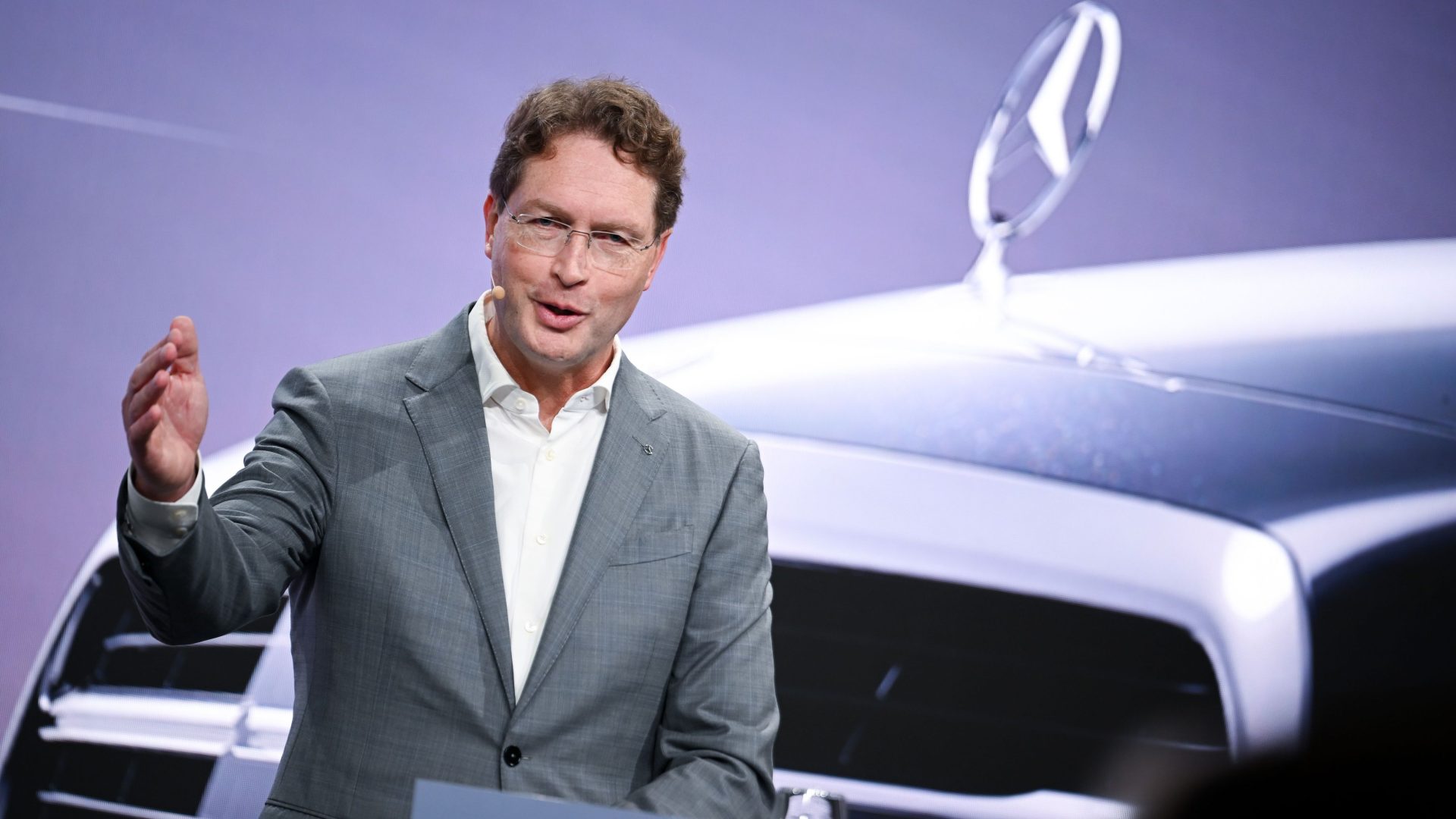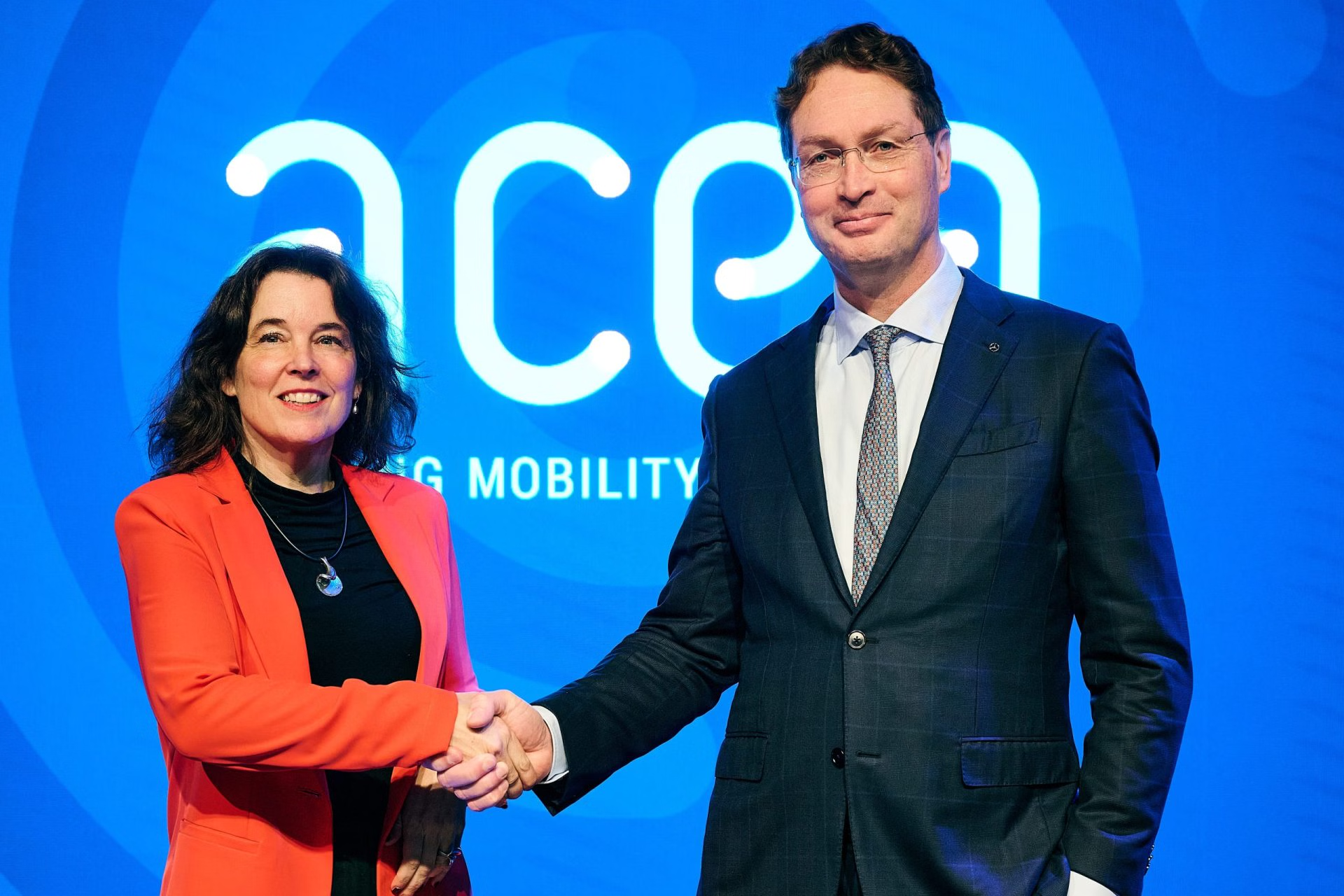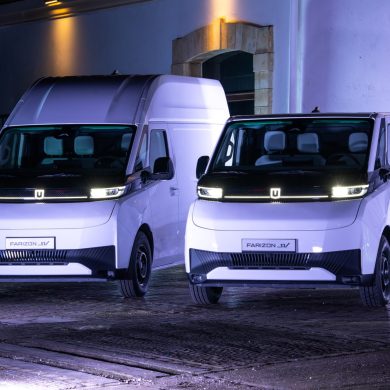
The implementation of Mario Draghi's report to strengthen the competitiveness of the European automotive industry has been called for by the new President of the European Automobile Manufacturers Association (ACEA) and CEO of Mercedes Benz, Ola Källenius sending a strong message to the Commission about their policy on the Green Deal and the transition to electrification.
In particular, the Green Deal should be "market-driven, not fines-driven". This was noted in a letter to European leaders by the new president of Acea, Ola Källenius (CEO of the Mercedes-Benz group), who succeeded Luca de Meo on 1 January. According to the top executive, the automotive sector's priorities are threefold: to follow a realistic path to decarbonise the industry by finding a solution to the disproportionate cost of compliance with the 2025 CO2 target; to implement the recommendations of the Draghi report by creating a regulatory framework that will boost the competitiveness of European businesses; and to develop beneficial global trade relations so that the Union can benefit from free and fair trade.
In a letter to EU leaders, the newly appointed President of the European Automobile Manufacturers Association (ACEA), Ola Källenius, sets out the priorities of the automotive industry to ensure future competitiveness and promote decarbonisation.
A thriving European automotive industry is essential to promote economic growth and competitiveness. The industry faces unprecedented challenges from global competition, geopolitical tensions and a more complex than expected transformation towards electric and hydrogen-powered zero-emission mobility.
The priorities
In a letter published today and addressed to EU leaders, the President of the European Automobile Manufacturers Association (ACEA), Ola Källenius, outlines three critical priorities:
- a realistic path to decarbonisation of the car industry, driven by the market rather than by sanctions; finding a solution to the disproportionate costs of compliance with the 2025 CO2 target for cars and trucks,
- implementing the recommendations of the Draghi report: creating a regulatory framework to boost the competitiveness of European industries,
- promoting new approaches to build global, mutually beneficial trade relations so that the EU can continue to benefit from free and fair trade.
"The European Green Deal needs to undergo a reality check and a redefinition - to make it less tough, more flexible and to transform the decarbonisation of the car industry into a green and profitable business model. Let me be clear: the EU automotive industry remains committed to the EU's 2050 climate neutrality target and to the transition to zero-emission transport and mobility," said Ola Källenius, President of ACEA and CEO of Mercedes-Benz.

The most urgent action the industry needs now is for the EU to find a solution to ease the compliance burden on cars and trucks for the 2025 CO2 target.
Political action today could not be more critical, as the latest provisional figures show a decline of almost 6% in new electric car registrations in 2024. Market share is also on a downward trajectory, down 1% to 13.6% - a far cry from the sharp increase needed to meet stringent CO2 targets in the coming years.
The Green Deal should be "driven by the market, not by fines". This was noted in a letter to European leaders by the new president of Acea, Ola Källenius (CEO of the Mercedes-Benz group), who succeeded Luca de Meo on 1 January. According to the top executive, the automotive sector's priorities are threefold: to follow a realistic path to decarbonise the industry by finding a solution to the disproportionate cost of compliance with the 2025 CO2 target; to implement the recommendations of the Draghi report by creating a regulatory framework that will boost the competitiveness of European businesses; and to develop beneficial global trade relations so that the Union can benefit from free and fair trade.
Negative numbers
Meanwhile, Acea is forming a preliminary picture of the numbers for 2024. Last year, 10.6 million cars were sold in Europe, up 0.8% on 2023, but down 18.4% on pre-Covid 2019. In terms of electrics, registrations decreased by 5.9% last year, with the share falling by one percentage point to 13.6%. The final report will be published on 21 January, but in the meantime Sigrid de Vries, director general of Acea, calls the numbers "worrying", all the more so in light of the "modest growth" expected in 2025.






